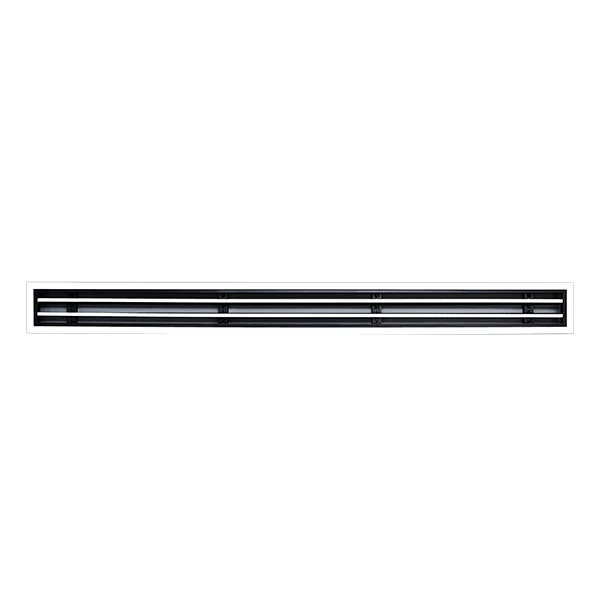In the ever-evolving landscape of consumer electronics, the rivalry between Samsung and Apple stands out as one of the most compelling narratives. Both brands have carved out significant market shares and loyal customer bases, but the question remains: Is Samsung a better brand than Apple? To answer this, we must delve into various dimensions, including product innovation, ecosystem integration, pricing strategies, and customer service.
Product Innovation: A Tale of Two Giants
When it comes to product innovation, both Samsung and Apple have made significant strides, albeit in different ways. Samsung is often lauded for its cutting-edge hardware technology. The company has consistently pushed the envelope with features such as high-resolution displays, advanced camera systems, and foldable devices. For instance, the Samsung Galaxy Z Fold series has redefined the smartphone experience by integrating a tablet-like interface into a pocket-sized device.
On the other hand, Apple is renowned for its software optimization and user experience. The seamless integration of hardware and software in devices like the iPhone and MacBook creates an ecosystem that is hard to rival. Apple's proprietary chipsets, such as the M1 and M2, have set new benchmarks for performance and efficiency, showcasing the company's commitment to innovation.
Ecosystem Integration: A Double-Edged Sword
Ecosystem integration is another critical factor in determining brand superiority. Apple has built a robust ecosystem that includes the iPhone, iPad, Mac, Apple Watch, and services like iCloud and Apple Music. This interconnectedness allows users to transition smoothly between devices, enhancing productivity and user satisfaction. The Apple ecosystem is often cited as a reason for customer loyalty, as users find it challenging to switch to other platforms without losing the benefits of this integration.
Samsung, while also offering a range of interconnected devices, faces challenges in creating a cohesive ecosystem. The company produces a wide array of products, from smartphones to smart appliances, but the integration between these devices is not as seamless as Apple's. However, Samsung's partnership with Google and the adoption of Android have allowed it to offer a more customizable experience, appealing to users who prefer flexibility over uniformity.
Pricing Strategies: Value vs. Premium
Pricing is a significant consideration for consumers when choosing between Samsung and Apple. Samsung offers a broader range of products at various price points, making it accessible to a wider audience. From budget-friendly Galaxy A series to high-end Galaxy S and Note series, Samsung caters to diverse consumer needs. This strategy allows Samsung to capture a larger market share, particularly in emerging markets where price sensitivity is high.
In contrast, Apple positions itself as a premium brand, with a focus on high-quality materials and exclusive features. While this strategy has garnered a loyal customer base willing to pay a premium for Apple products, it also limits its reach in price-sensitive markets. However, Apple's resale value tends to be higher than Samsung's, which can offset the initial investment for consumers.
Customer Service: The Experience Factor
Customer service is another crucial aspect that can influence brand preference. Apple is often praised for its customer support, with a robust network of Apple Stores and online resources. The Genius Bar offers personalized assistance, and the company's commitment to customer satisfaction is evident in its return policies and warranty services.
Samsung's customer service, while improving, has historically faced criticism for inconsistency. The availability of support can vary by region, and users have reported mixed experiences with warranty claims and repairs. This inconsistency can deter potential customers who prioritize reliable after-sales service.
Conclusion: The Verdict
Determining whether Samsung is a better brand than Apple ultimately depends on individual preferences and priorities. If cutting-edge hardware, a diverse product range, and price flexibility are paramount, Samsung may hold the edge. Conversely, if seamless ecosystem integration, premium build quality, and exceptional customer service are more important, Apple could be the preferred choice.


More Stories
Cat7a S/FTP Network Cable in High-Density Data Transmission Environments
UHF RFID Readers for Asset Management
Does a 4G Industrial Grade LTE WiFi Router with SIM Slot Work as a Reliable Wireless WAN Gateway?